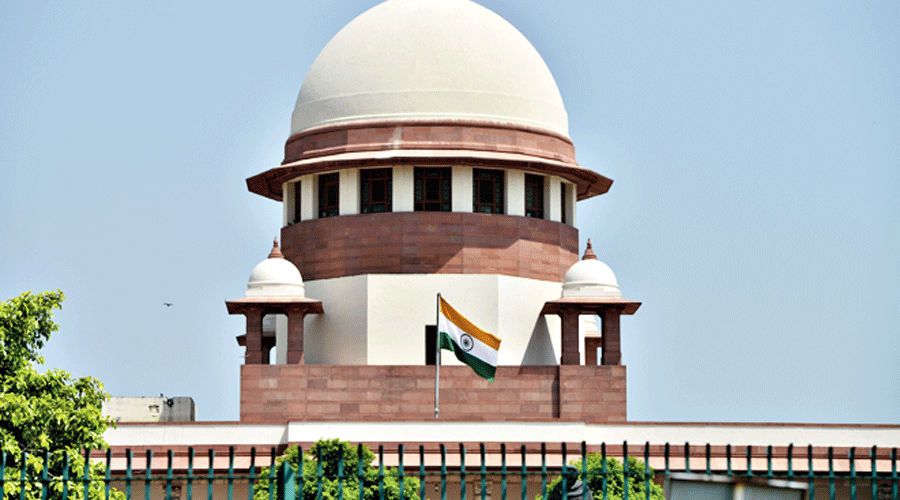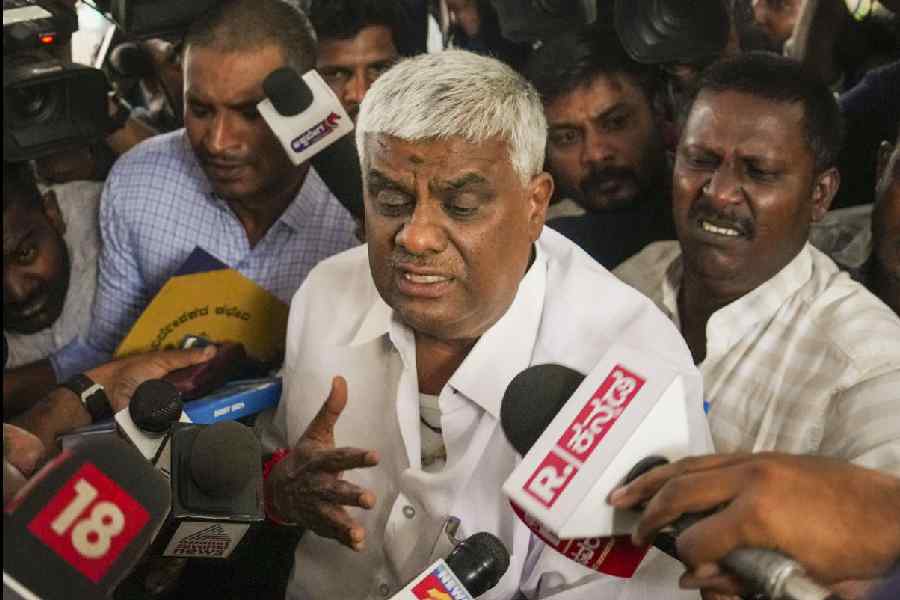The Supreme Court on Monday laid down that courts must decide bail applications within two weeks of filing and asked the government to consider enacting a separate legislation to deal with bail.
Now, bail applications are dealt with under the CrPC Sections 436-439, but in many cases accused persons languish in jail for months and years for various reasons.
“The Government of India may consider the introduction of a separate enactment in the nature of a Bail Act so as to streamline the grant of bails,” a bench of Justices Sanjay Kishan Kaul and M.M. Sundresh said in a judgment.
The court, which passed the directions while dealing with a bail matter in a case filed by the CBI, also issued a slew of directions for compliance by courts and other authorities:
⚫ The investigating agencies and their officers are duty-bound to comply with the mandate of Sections 41 (arrest of a person only if it is essential) and 41A (prior notice to a person to be issued by the investigating officer to enable him or her to cooperate with the investigating agency).
“Any dereliction on their part has to be brought to the notice of the higher authorities by the court followed by appropriate action,” Justice Sundresh, who authored the judgement, said.
⚫ The courts will have to satisfy themselves on the compliance of Sections 41 and 41A of the CrPC. Non-compliance would entitle the accused to bail.
⚫ The state governments and the Union Territories are directed to facilitate standing orders for the procedure to be followed under Sections 41 and 41A of the CrPC while taking note of the order of Delhi High Court dated February 7, 2018, and the standing order issued by the Delhi police (for strict compliance of Sections 41 and 41A of the code)
⚫ The high courts are directed to undertake the exercise of finding out undertrials who are not able to comply with the bail conditions. After doing so, appropriate action will have to be taken in light of Section 440 of the code, facilitating the release. (Under Section 440 a prisoner is entitled to release if he/she is under imprisonment for one-half of the period of the actual sentence if he/she is convicted for the offence).
⚫ Bail applications ought to be disposed of within a period of two weeks except if the provisions mandate otherwise, with the exception being an intervening application. Applications for anticipatory bail are expected to be disposed of within a period of six weeks with the exception of any intervening application.
⚫ All state governments, Union Territories and high courts are directed to file affidavits/ status reports within a period of four months.
The registry has been directed to send copies of the judgement to the government of India and all states and Union Territories.










